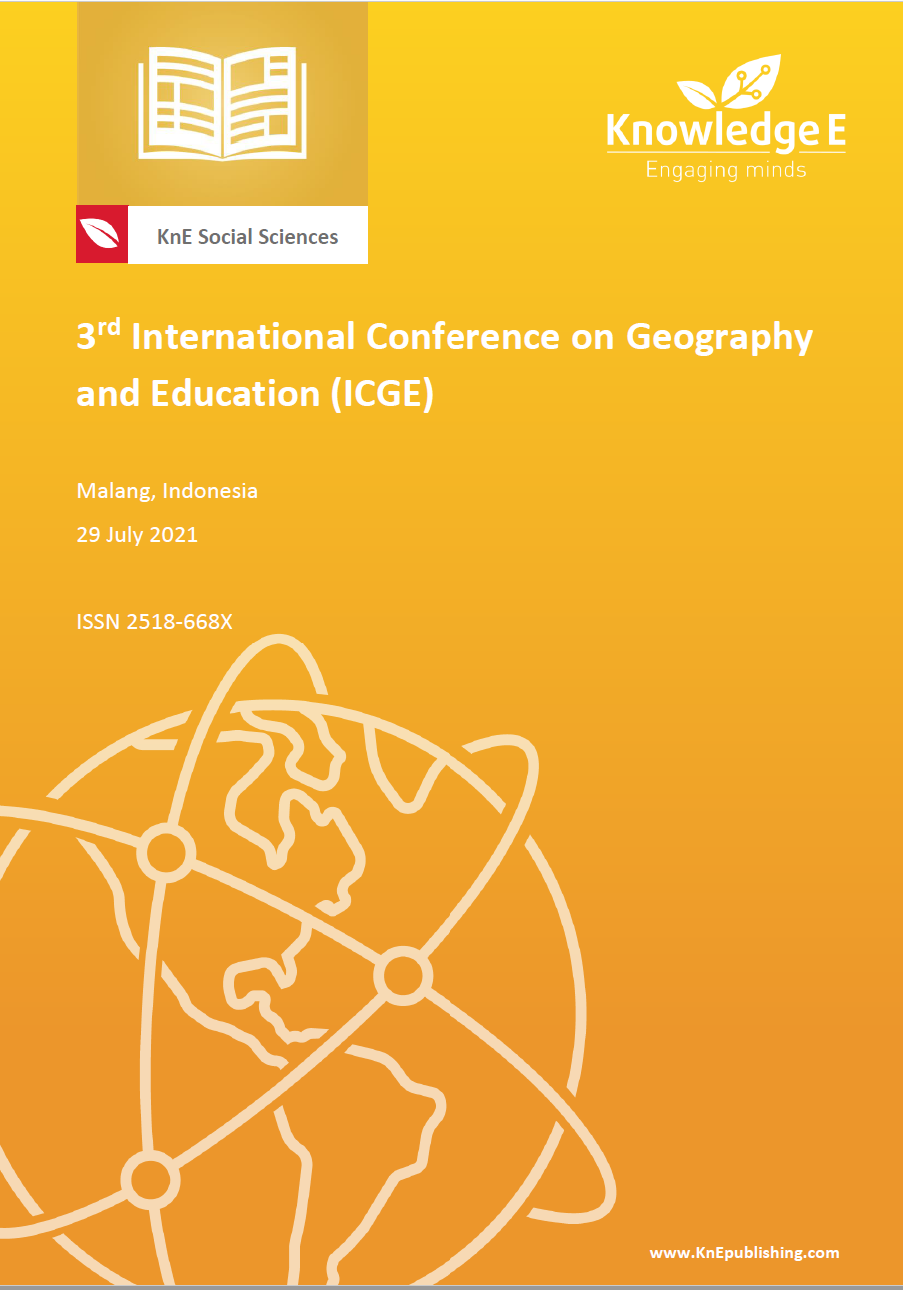Resolving Environmental Problems With a Local Online Complaint Mechanism
DOI:
https://doi.org/10.18502/kss.v7i16.12149Abstract
The Banyumas Regency Government launched the Lapak Aduan Banyumas (LAB) initiative to facilitate the community in channeling aspirations, providing information, and submitting complaints. This program also helps with resolving environmental concerns. This study was qualitative research and data were collected from the official Government website, through observations, and through online mass media. The data were analyzed using interactive analysis. This research showed that environmental issues were important concerns of the public and that environmental problems could be resolved more quickly by utilizing information technology. Faster problem-resolution can increase public trust in the government.
Keywords: environmental problems, technology, data triangulation, Lapak Aduan Banyumas (LAB)
References
McBeth MK, Lybecker DL. The narrative policy framework, agendas, and sanctuary cities: The construction of a public problem. Policy Studies Journal. 2018;46:868– 893.
Ferretti V, Pluchinotta I, Tsoukiàs A. Studying the generation of alternatives in public policy making processes. European Journal of Operational Research. 2019;273:353– 363.
Hartley K, Kuecker G, Woo JJ. Practicing public policy in an age of disruption. Policy Design and Practice. 2019;2:163–181.
Fayemi JA. Environmental impact of solid waste treatment and disposal facilities on residents of Ijebu Ode Local Government. Journal of King Saud University – Science. 2020;6:109–113.
Hussein AJ. Challenges of local government, environmental justice, sustainable development: The case of Qellem Wollega Zone, Oromia Regional State, Ethiopia. American Journal of Environmental Protection. 2020;9(3):67–76.
Listiyani N, Yasir SM. Political law on the environment: The authority of the government and local government to file litigation in law number 32 year 2009 on environmental protection and management. Resources. 2018;7:1–13.
Handayani BD, Rohman A, Chariri A, Pamungkas ID. The dynamics of the political environment in the disclosure of local government financial statements: An insight from Indonesia. International Journal of Innovation, Creativity and Change. 2020;11:94–109.
Minelli A, Ruffini R. Citizen feedback as a tool for continuous improvement in local bodies. International Journal of Public Sector Management. 2018;31:46–64.
Kim K, Baker MA. The customer isn’t always right: The implications of illegitimate complaints. Cornell Hospitality Quarterly. 2020;61:113–127.
Hsieh SY. Using complaints to enhance quality improvement: Developing an analytical tool. International Journal of Health Care Quality Assurance. 2012;25:453– 461.
Bolkan S. Threat, coping, and cost: Protection motivation in the context of consumer complaining. Communication Research. 2018;45:840–861.
Breitsohl J, Khammash M, Griffiths G. E-business complaint management: Perceptions and perspectives of online credibility. Journal of Enterprise Information Management. 2010;23:653–660.
Pramusinto A. Building complaint handling mechanisms for effective leadership. Bisnis & Birokrasi Journal. 2014;20:144–152.
Shin H, Larson LRL. The bright and dark sides of humorous response to online customer complaint. European Journal of Marketing. 2020;54(8): 2013–2047
Tracy SJ. Qualitative research methods: Collecting evidence, crafting analysis, communicating impact. Vol 43. West Sussex: John Wiley & Sons; 2013.
Miles MB, Huberman AM, Saldana J. Qualitative data analysis: A methods sourcebook and the coding manual for qualitative researchers. London: SAGE; 2014.
Nulhusna R, Sandhyaduhita PI, Hidayanto AN, Phusavat K. The relation of e-government quality on public trust and its impact on public participation. Transforming Government: People, Process and Policy. 2017;11:393–418.
Lanin D, Hermanto N. The effect of service quality toward public satisfaction and public trust on local government in Indonesia. International Journal of Social Economics. 2019;46:377–392.
Gruber T. I want to believe they really care: How complaining customers want to be treated by frontline employees. Journal of Service Management. 2011;22:85–110.
Igbokwe-Ibeto CJ. African bureaucracy and public administration: Analysing the normative impediments and prospects. Africa’s Public Service Delivery & Performance Review. 2019;7:1–11.
Nurhidayati D. Does digital public service complaint promote accountability? A comparative analysis of Upik Yogyakarta and Qlue Jakarta. Policy & Governance Review. 2019;3(2):127–141.
Olsson NOE, Bull-Berg H. Use of big data in project evaluations. International Journal of Managing Projects in Business. 2015;8:491–512.
Giest S. Big data for policy making: fad or fasttrack? Policy Sciences. 2017;50:367– 382.
Mureddu F, Schmeling J, Kanellou E. Research challenges for the use of big data in policy-making. Transforming Government: People, Process and Policy. 2020;14(4): 593–604.
Jennings W. The public thermostat, political responsiveness and error-correction: Border control and asylum in Britain, 1994-2007. British Journal of Political Science. 2009;38:847–870.
Woo JJ. Policy capacity and Singapore’s response to the COVID-19 pandemic. Policy Soc. 2020;39:345–362.
Beshi TD, Kaur R. Public trust in local government: Explaining the role of good governance practices. Public Organ. Rev. 2020;20:337–50.

